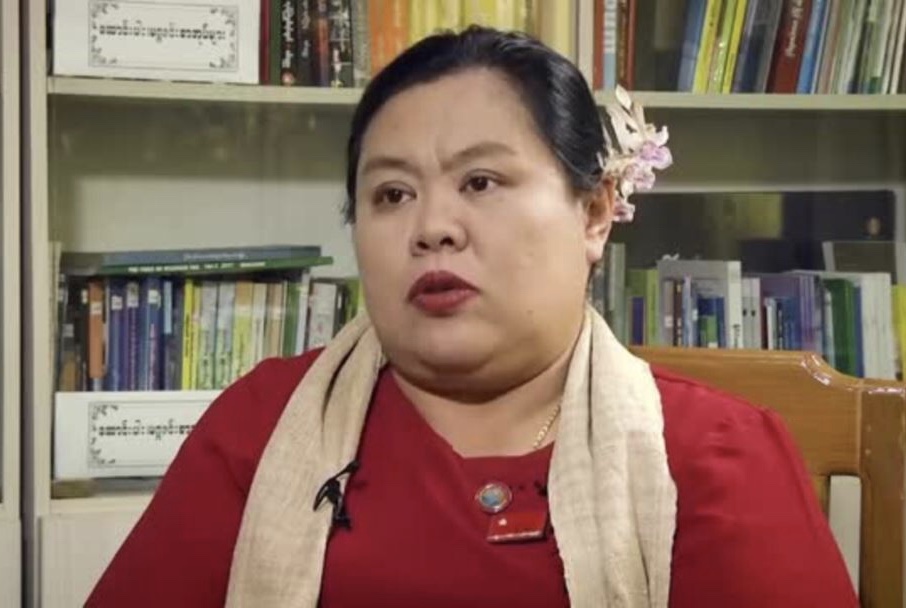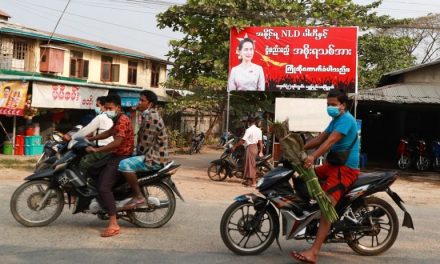12 March 2019
In Myanmar corruption is an extremely serious problem. Corruption flourished because lack of regulation and enforcement of anti-corruption measures. Myanmar ranks 132 out of 180 countries. Five decades of military rule along with political violence and systematic repression of democratic opposition have made it possible for corruption at all levels in Myanmar. After the first general elections in 2010, and passing of major economic and political reforms, the United States and the European Union lifted trade embargoes against the country. However, the military continues to exercise its influence in politics and business. Restriction on media and civil society organisations, as well as human rights violations continue. Against this background, Burma continues to face endemic corruption in all walks of life. Informal and illicit economy exists due to strong links between the ruling elite and organised crime activities.
The military continues to exert its influence on the politics and businesses. Burma is famous for jade and teak timber. These industries are controlled by military. It is incumbent upon the government to free these industries from the war lords so that the government and the people can enjoy the benefits. The anti-Corruption Commission admits that it has no authority to investigate the country’s powerful military. Daw Aung San Suu Kyi does not seem to be willing to take any action on military corruption as she thinks it may destabilise the political situation prevailing in the country. Transparency International reported.
The anti-corruption seems to be doing some work despite the heavy restrictions placed on it. Tanintharyi Region Chief Minister Daw Lei Lei Maw was arrested on bribery and corruption charges on Sunday, the Anti-Corruption Commission (ACC) said. She is a medical doctor who served as Chief Minister of Tanintharyi Region, until she was removed from her chief minister position for corruption on 11 March 2019. . Three top executives of a business, Global Grand Services (GGS), were detained along with her. She awarded contracts for public works to her favoured businesses without calling for tenders.
The commission reported that she sold her house which was valued at $21,000 for$131,000 to the GGS company. In return, the company was awarded a number of contracts including for the electricity distribution project in Dawei, the construction of a fish market, a city hall and low-cost housing.
During State Counsellor Daw Aung San Suu Kyi’s visit to the region last month, local residents demanded the chief minister be replaced, as well as the region’s planning and finance minister, U Phyo Win Tun, and U Aung Soe, who chairs the Tanintharyi regional committee for the National League for Democracy. The Irawadi reported.
Lei Lei Maw is the first chief minister to be charged with corruption since the NLD took power in 2016.
In September last year, Yangon Region advocate general U Han Htoo was arrested under bribery charges over a decision to drop a murder case against three suspects accused of the fatal beating of Facebook celebrity Ko Aung Yell Htwe.
In April last year, the former head of the Food and Drug Administration, U Than Htut, became the first high-ranking official to face corruption charges after the Anti-Corruption Commission was re-formed in November 2017, with former minister U Aung Kyi as its chair. Than Htut was charged after he allegedly accepted more than K150 million from a company that won a tender from his department. Frontier Myanmar reported.















